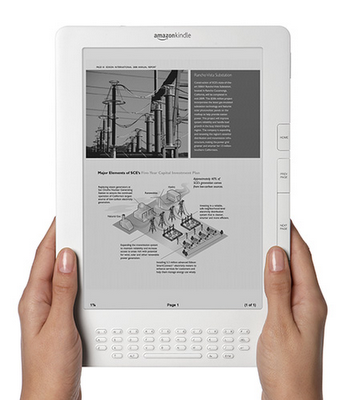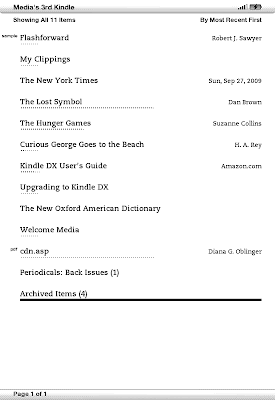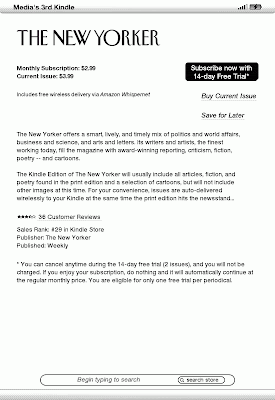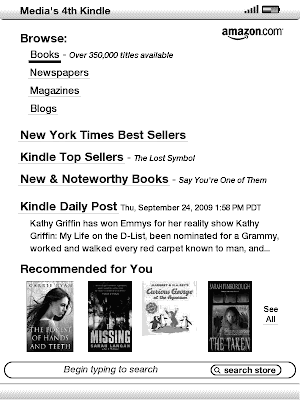Many people do New Year's Resolutions this time of year, but I have always thought that the reason those never stick is because people wait until a new year and then pile everything and decide they are going to change something about themselves. When I want to change something, I try to do it right away. If I don't do it, it must be because I don't really want to.
My wife does this thing where she creates a word of the year to help guide her thoughts and dreams for each new year. She makes goals that she will think of when she sees or hears that word. I like this idea.
Now that I have completed my Masters program in Educational Leadership, I can breathe. Recently, the desire to make the rest of my life more balanced has been weighing heavily on me. When you are in a graduate level program, it is pretty difficult to find time for much of anything that is not related to school. As Mrs. P. said once, homework follows you everywhere. Every time you think of something, homework is associated with it. The dentist has finally pulled that piece of gauze out of my mouth and, while there is that strange feeling of a void, it is refreshing and feels marvelous. The pain and frustration are over (for the time being). I have let other areas of my life slip by the wayside, and although my relationships with my wife and two beautiful daughters (one born 6 weeks before my first class and the other at the half-way point) have not slipped too much, there is much that needs fixing.
So, for 2009, I am going to have a word that will help guide my life and bring me to better balance. The word is муха (pronounced moohkha). It means fly in Russian, as in the bug, not the verb.

I chose the word that means fly because when I want something, I want it now. I need to teach myself to do things in little parts. The fly in the picture above is supposedly only 1.5 mm long. That is pretty small. It will be a reminder of how I can accomplish big things by focusing on small sections individually. I can't do everything all at once, but I can do a little bit each day. As I do that, I will not only fulfill my goals, but I will become a better person.
There are four areas of my life that I need to keep balanced:
- Faith
- Family
- Work
- Learning
What I want to do is work on every part in little increments. Anything more than that would be detrimental to my sanity.
Faith - Those who know me personally know that this is the most important thing in my life. It doesn't always show, though. The fact that I chose a Russian word is symbolic to me. I know Russian because I served a
mission for my church in Russia, in Siberia, no less. It was almost the best two years of my life (I subscribe to my father's positive adage that the last two years of my life have been the best two years of my life, and it is true, by the way). The Russian word will remind me that not only did I have a great experience there, I don't need my spirituality to slacken because I am not completely and totally focused on that. Most of the things that I need to improve in this area really are little things that should not be difficult, but somehow they are.
While I was on the mission, I kept a journal every single day. I could not have done anything better than that. This year, I want start transferring all those journal entries to a digital format. The current plan is to do blog posts for each day from my mission. It took me two years to fill those seven books, so I don't expect that it will take any less than two years to complete the task of transferring them. Little steps. Those two years gave me an immense amount of spiritual growth, and I think a way to keep growing is to catalogue those experiences with a little more wisdom and maturity to find the really important things.
Family - My daughters need their daddy. My wife needs her husband. Having been gone nearly all the time it seems for the last two and a half years, I have let these amazing people slide to the background. This last semester I realized how important they are to me. In the summer, I was gone almost every day from sun up to sun down. I had my internship and classes, and meetings for work (and that dreaded "H" word). I rarely saw them. For the last four months with very few exceptions, I have come home and played with the girls. I have let Staci do her thing, for the most part. This has made our relationship better, the girls are happy, and I am happy. I am going to make sure that when the girls are awake, I am there for them, as much as I can be. I am going to focus on time in smaller segments. I will spend three minutes helping Katya with her physical therapy or speech therapy, or anything else she needs. I am going to give my emotional Cali the time and attention that she needs (I am sure those teenage years with her with seem like an eternity).
Staci wants to go on more creative and interesting dates, and I am going to work hard to make sure we do that. Babysitting volunteers can sign up in the comments.
Work - I am so busy at work. It is great, but I hate being so busy that I don't ever have time to do everything. I have started using the Tasks feature in my Gmail account since it is always open. That has and will continue to help me to break things down in small chunks and get things done. I have missed a lot of opportunities to apply for administrative jobs, and this year, I want to take small steps to make sure that I don't miss those opportunities this year. That includes things like creating a good resume, searching for openings in different places, and being prepared to make things happen when the time is right. The important thing here is just doing a little bit each week to improve my situation. I think I can do it.
As far as teaching goes, it is my current job, and I better excel if I want a shot at moving into a better position. So, I am going to spend more time creating good, effective lessons that will help my students succeed. I'm not devoting a hundred hours to this, but when I plan a lesson, I will take just a little more time and think those ideas through a little bit more before I commit to any plans.
Learning - I really debated whether I wanted this to be last or third. I would say that learning is my hobby. I love learning about anything.
When I was in college I was a taking a web design class where I was learning how to write HTML and CSS code for designing web pages. My brother George did not understand why I was taking that class. I said that I felt that the Internet would be an important part of all our lives in the future, and I wanted to understand better how it worked. I figured it would only help me. He said that it was like everyone having a car. He said that there will be "internet mechanics" who will work on our Internet for us. Mostly, this is correct. Since I took that class in 2005, the Internet has changed a lot. Anyone can create a Web site that is much better looking than one that I could design. You could make 50 web pages before I could design one. Nonetheless, I feel that I learned valuable knowledge in that class. It helps me virtually every day. It taught me to think in a different way which has become very valuable in work and at home. Honestly, I think it has made me more optimistic: I believe there is a solution to every problem.
This year, I want to learn how to write applications. I have never done anything like this, but I am very interested in it. Ever since Apple qnnounced that anyone could develop applications for the iPhone, ideas have been hanging out like an old college friend who could never decide on a major. I doubt that I will ever make any money developing software, but if I can improve
my students' educational experience through a program that I write, I will be a happy camper.
I hope that this year, I can learn some new things, be a better husband and father, and improve in ways that I feel deep inside are very important.
Have a Good Life.
Photo Credit:
Equilibrium by Robert F. on Flickr.

 Earlier,
Earlier, 





















 Facebook/Jethro
Facebook/Jethro Linkedin/Jethro Jones
Linkedin/Jethro Jones Twitter/jethrojones
Twitter/jethrojones YouTube/mrjoneseng
YouTube/mrjoneseng Del.icio.us/jethrojones
Del.icio.us/jethrojones Wikipedia/mrjoneseng
Wikipedia/mrjoneseng GMail/Jethro
GMail/Jethro